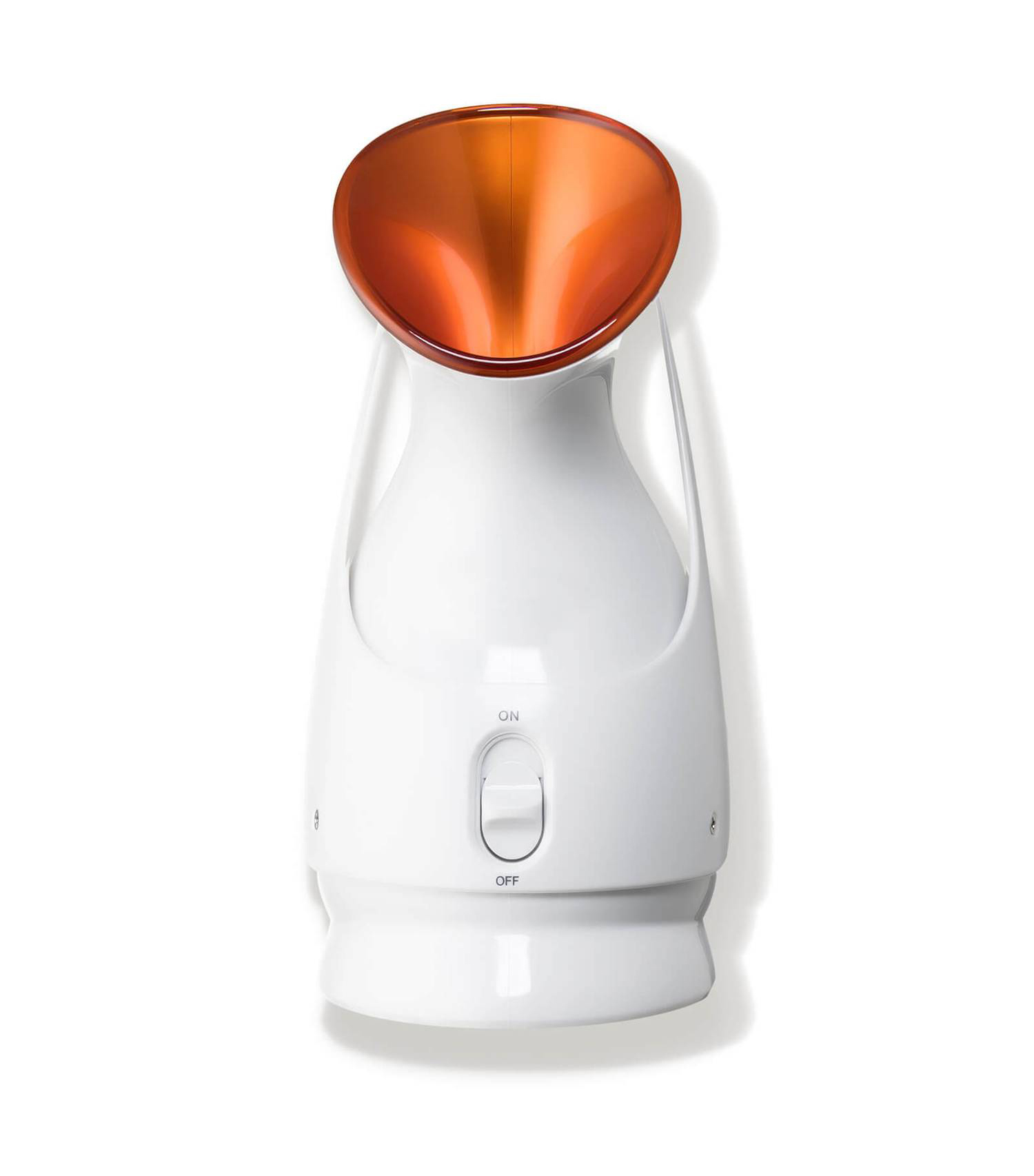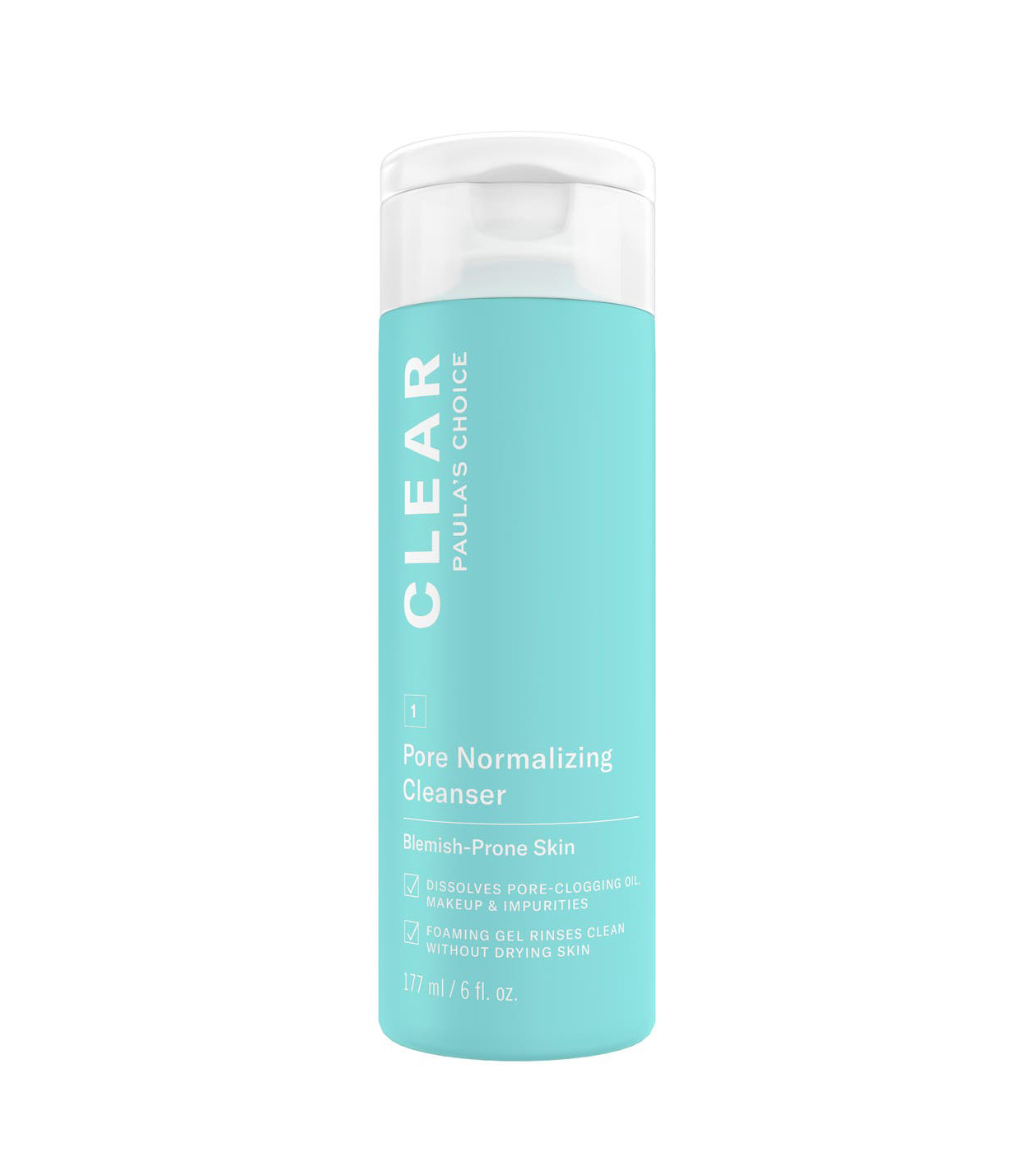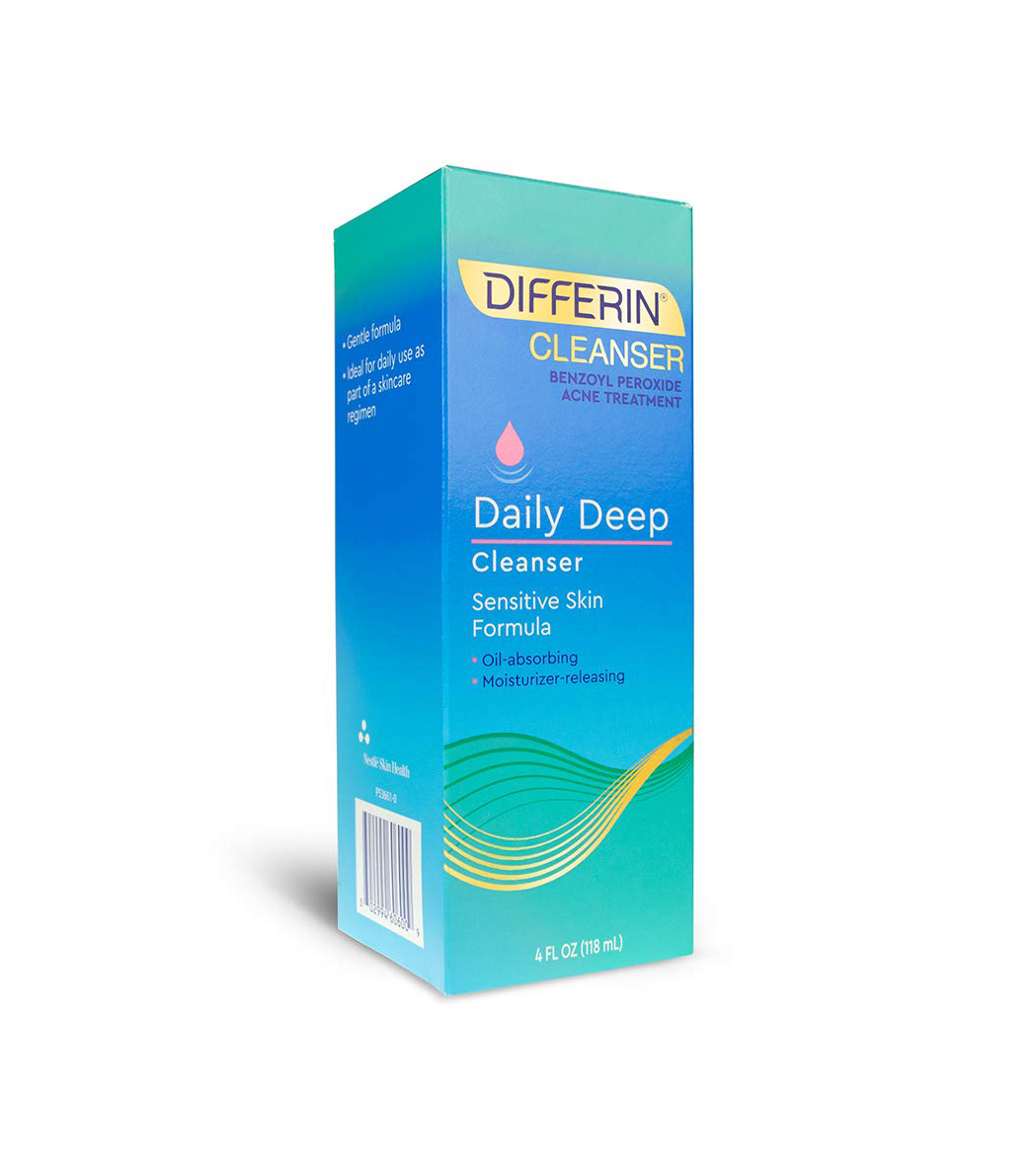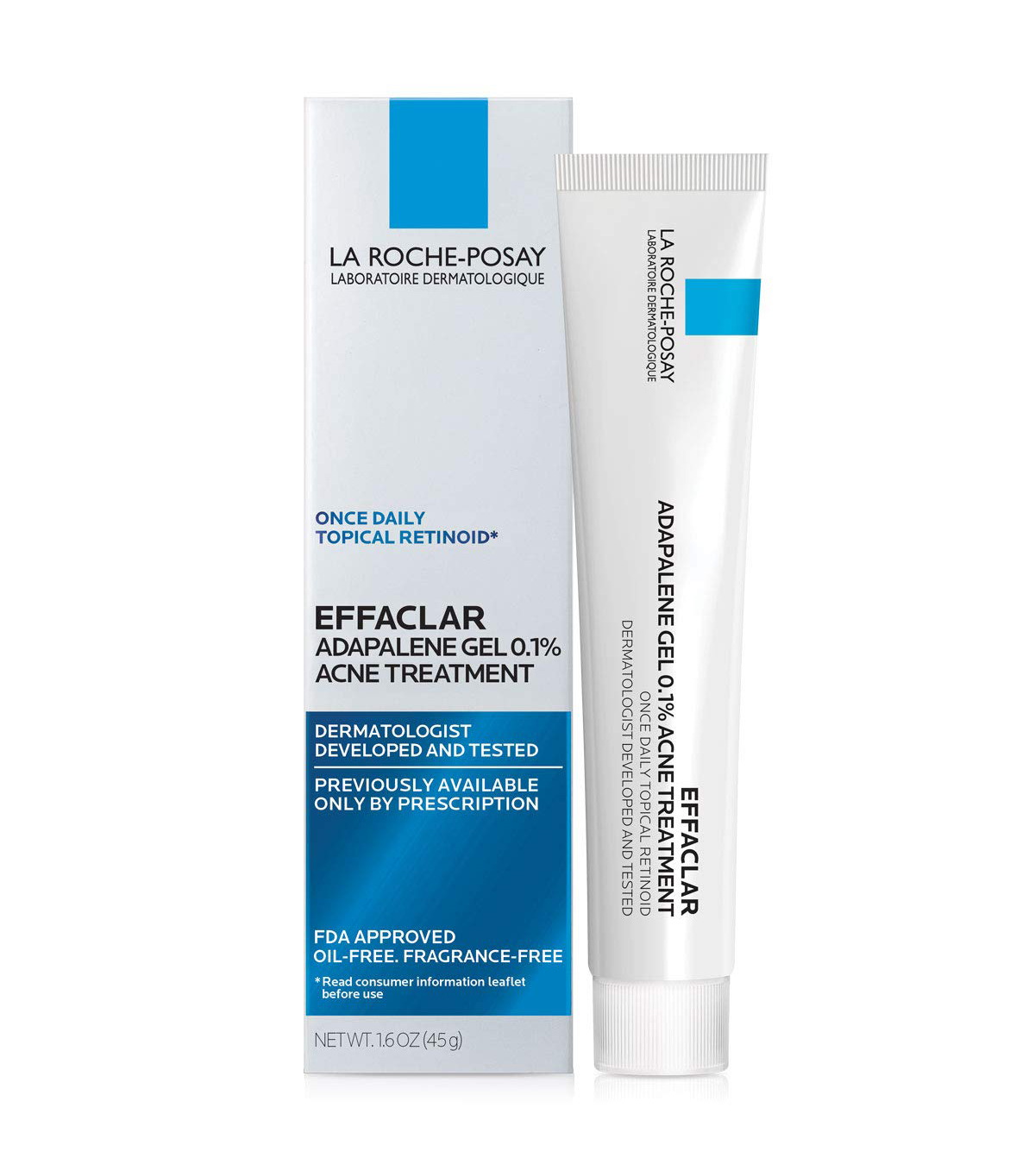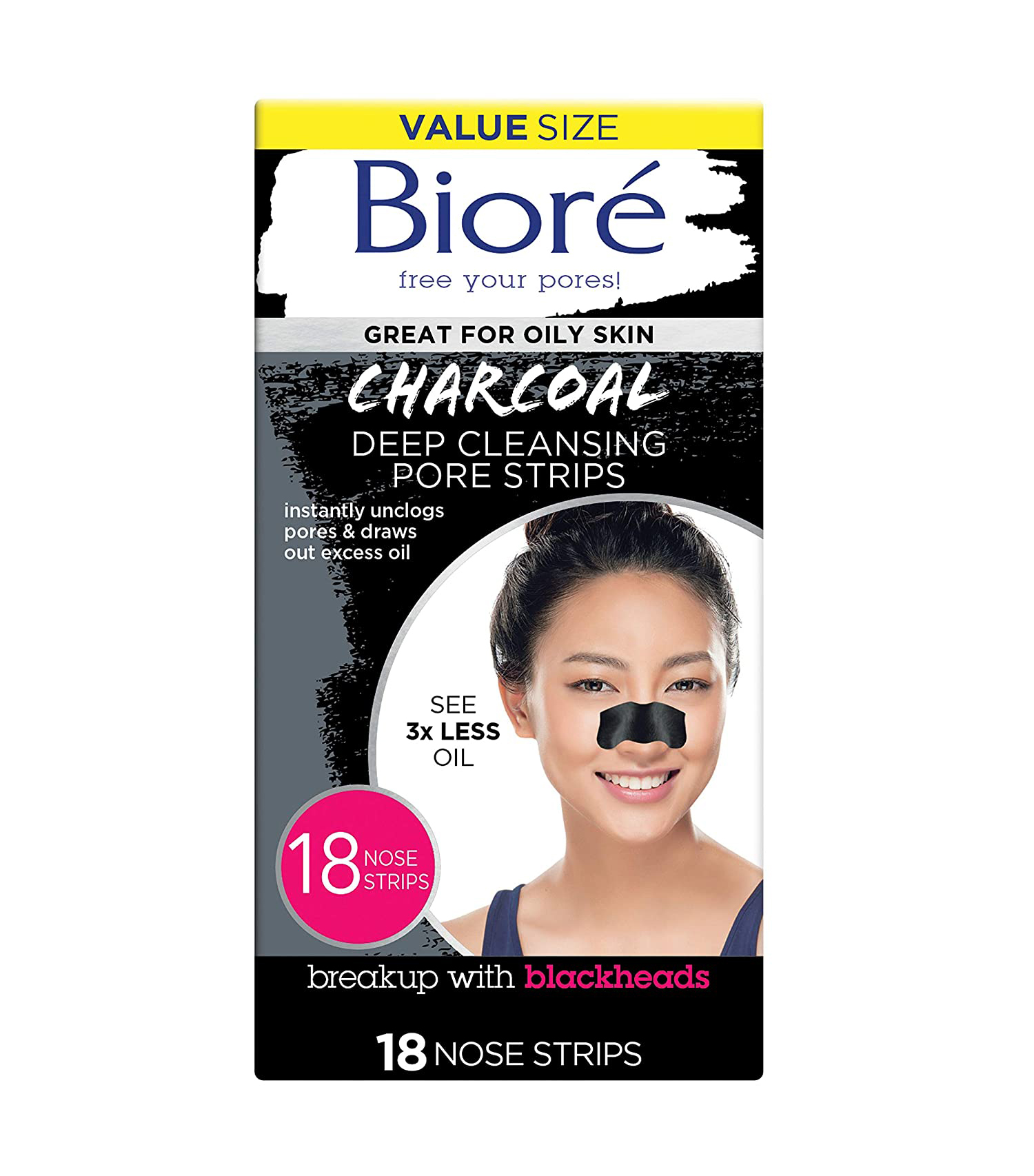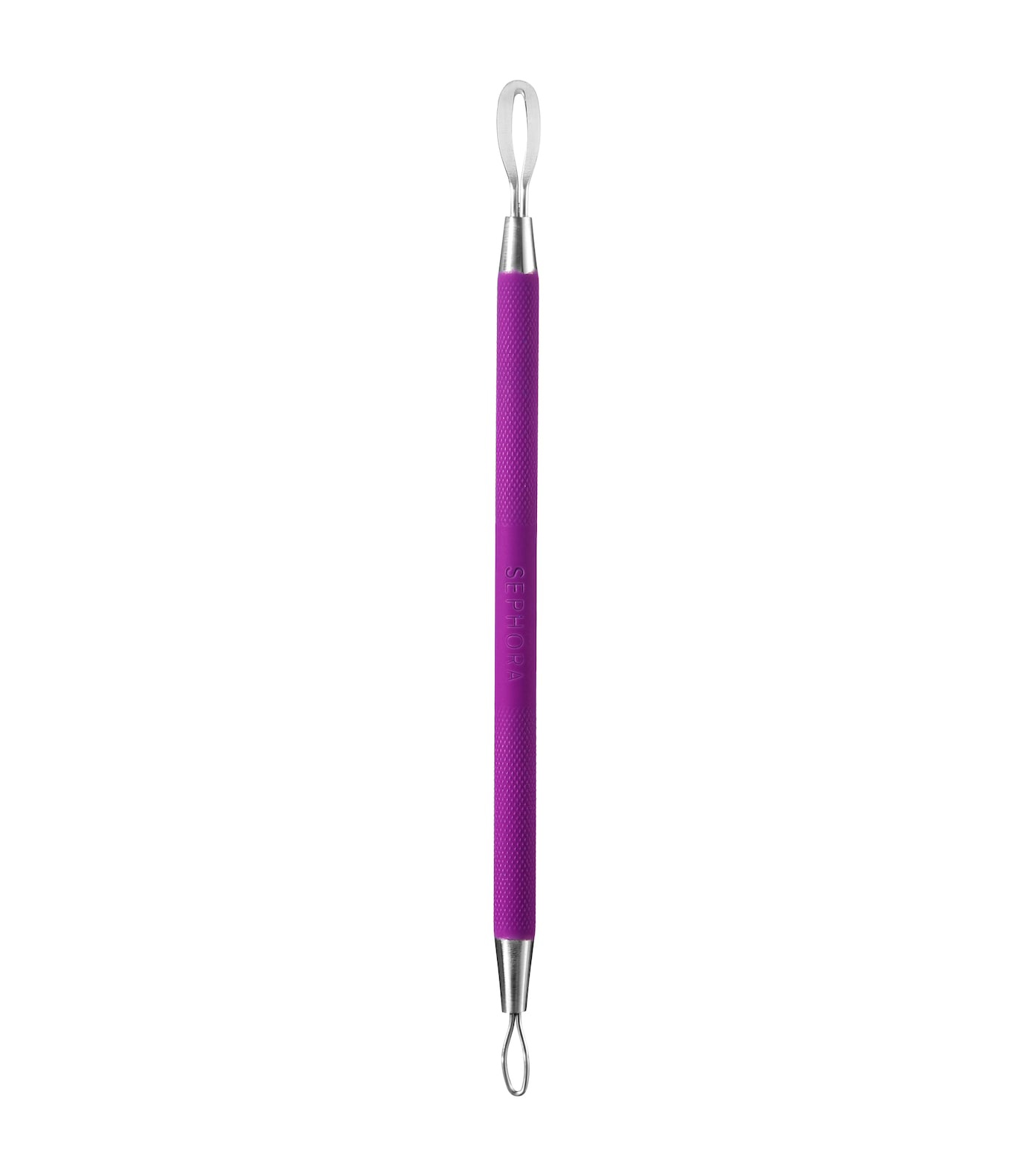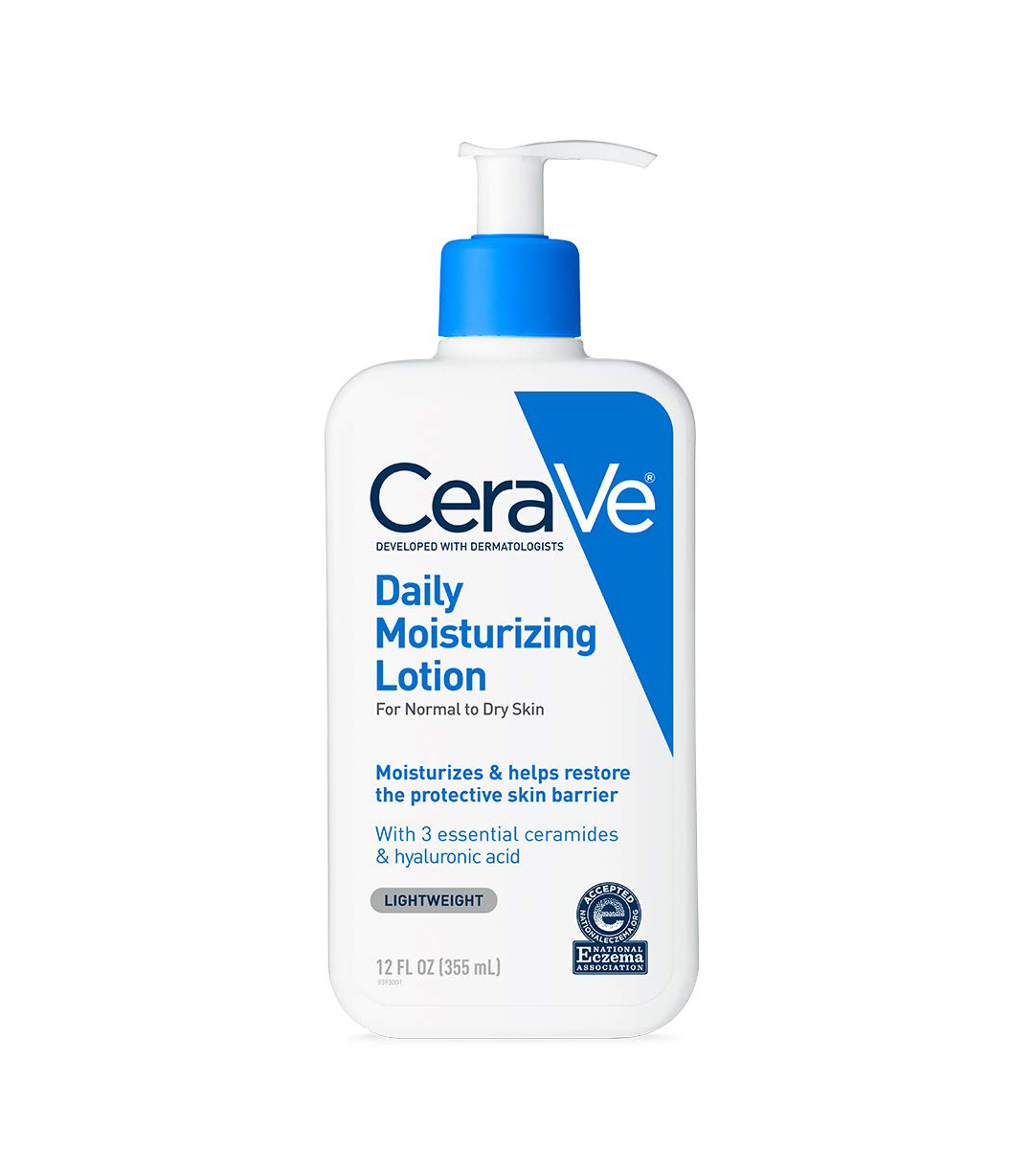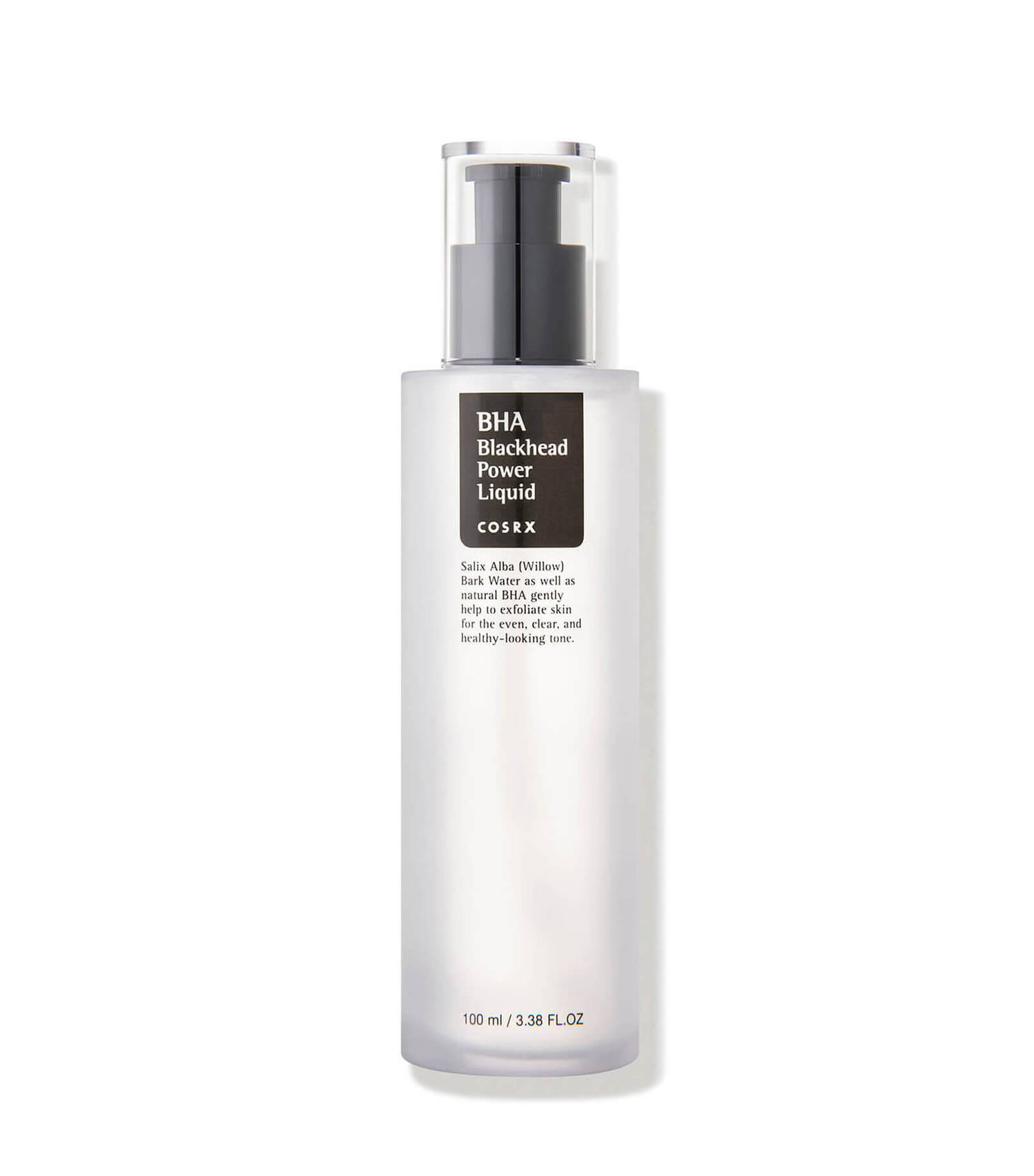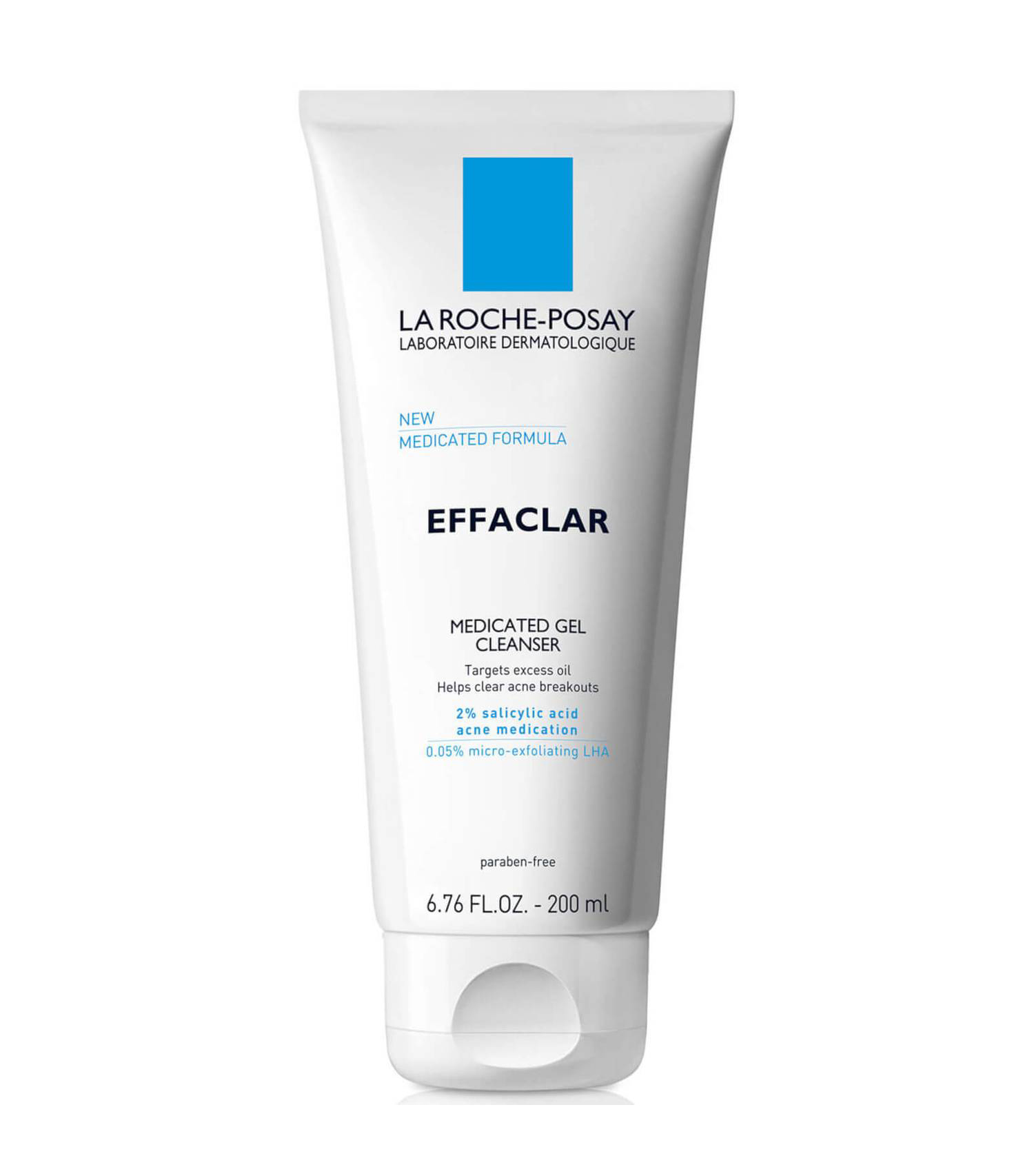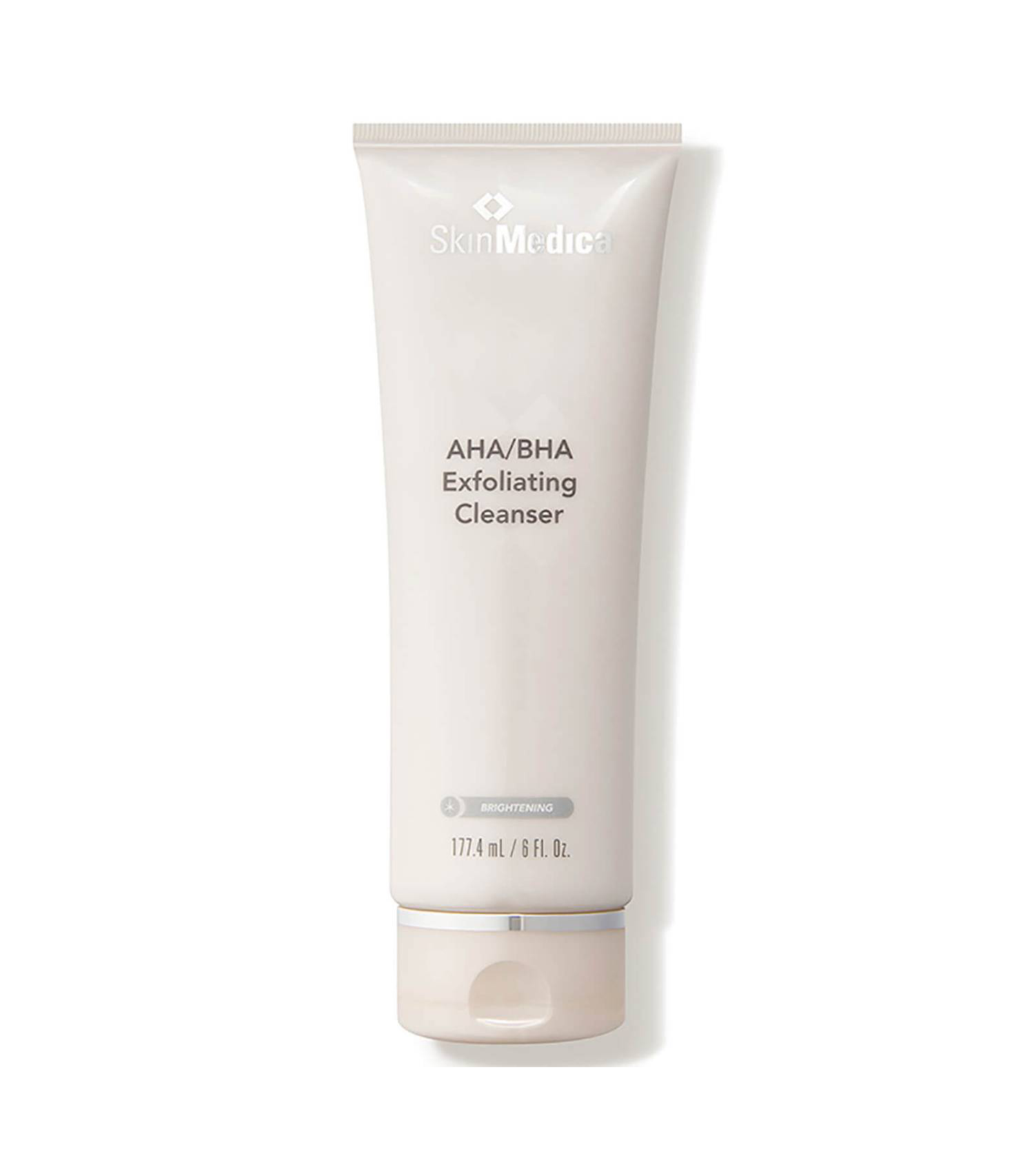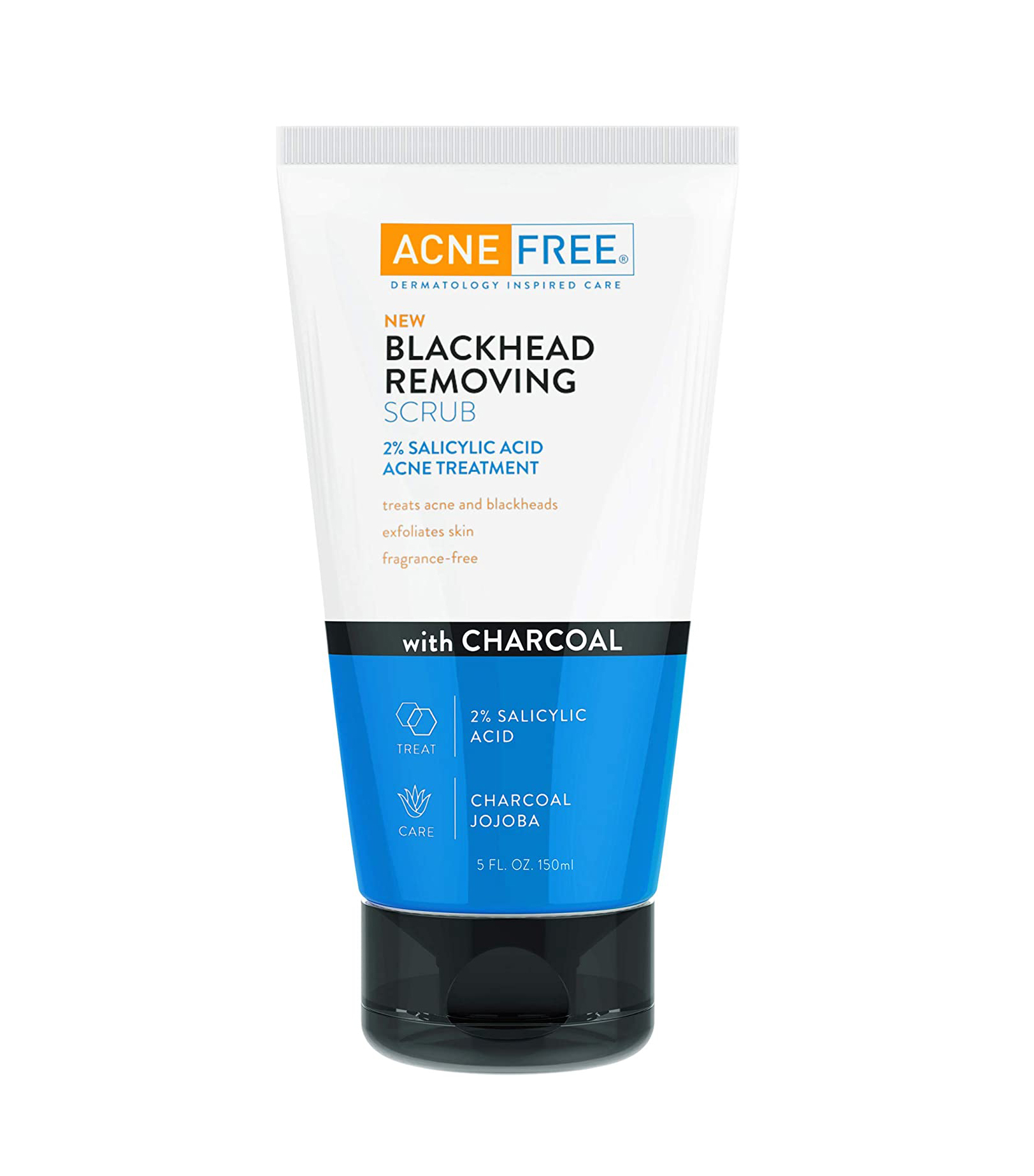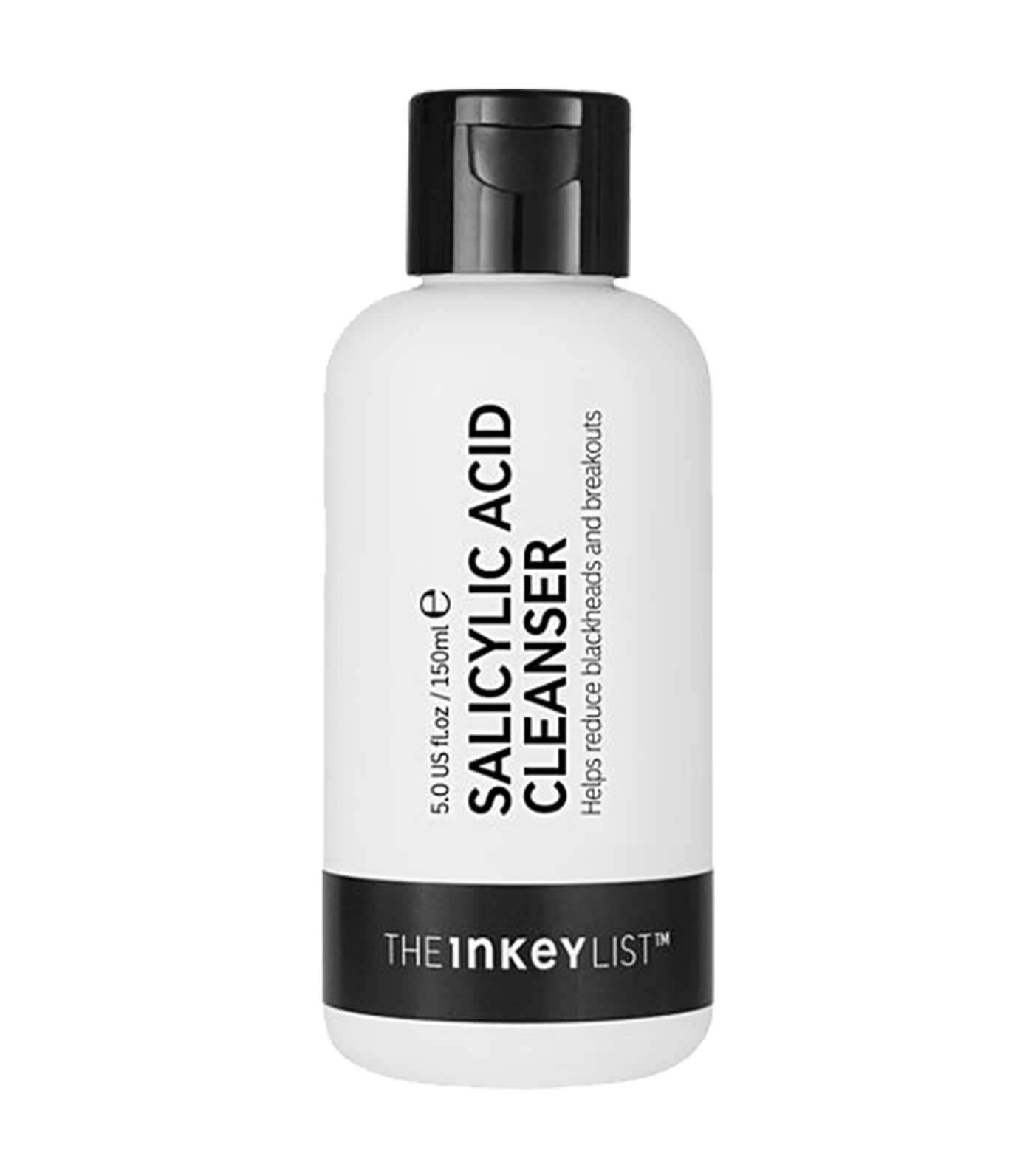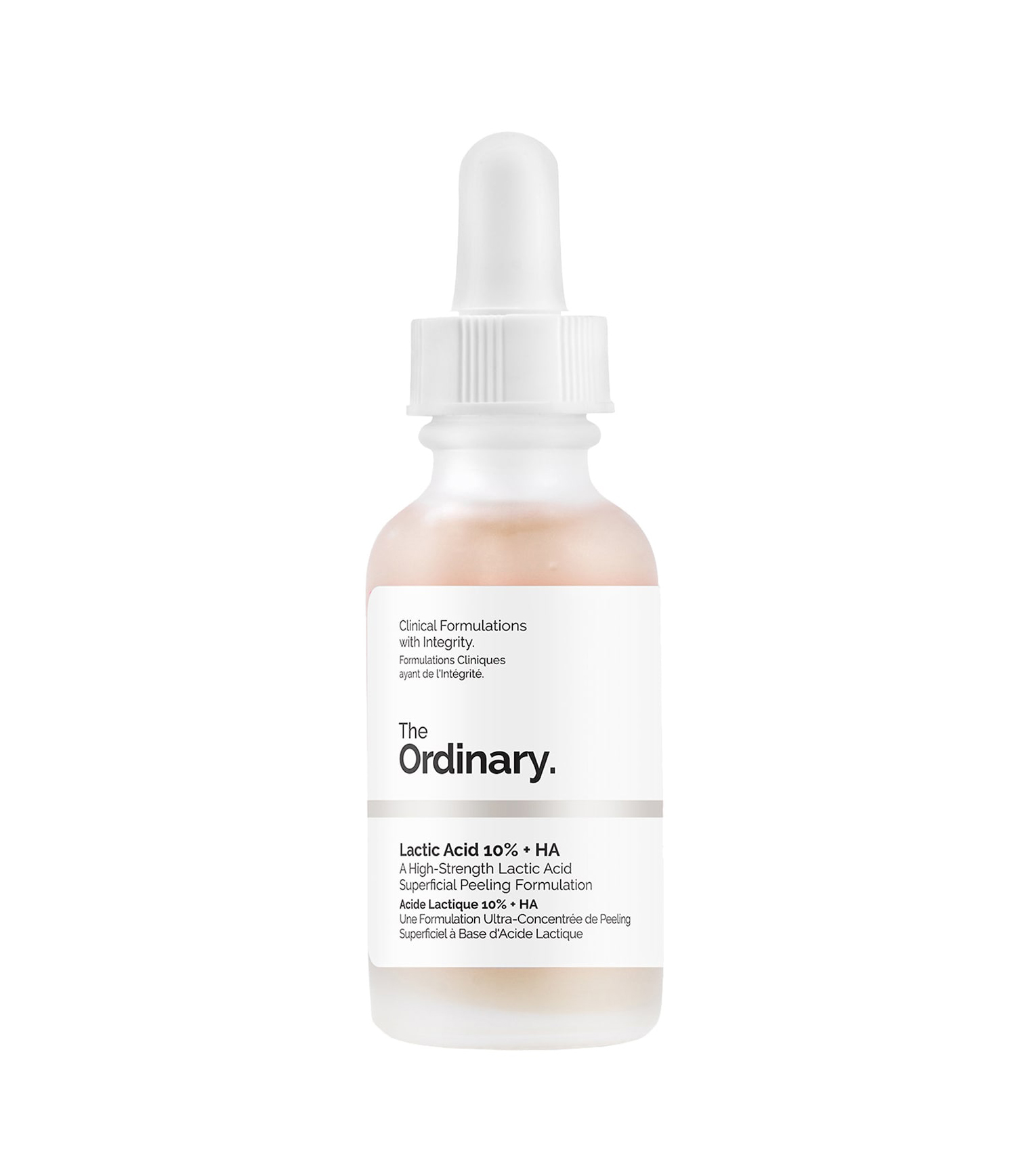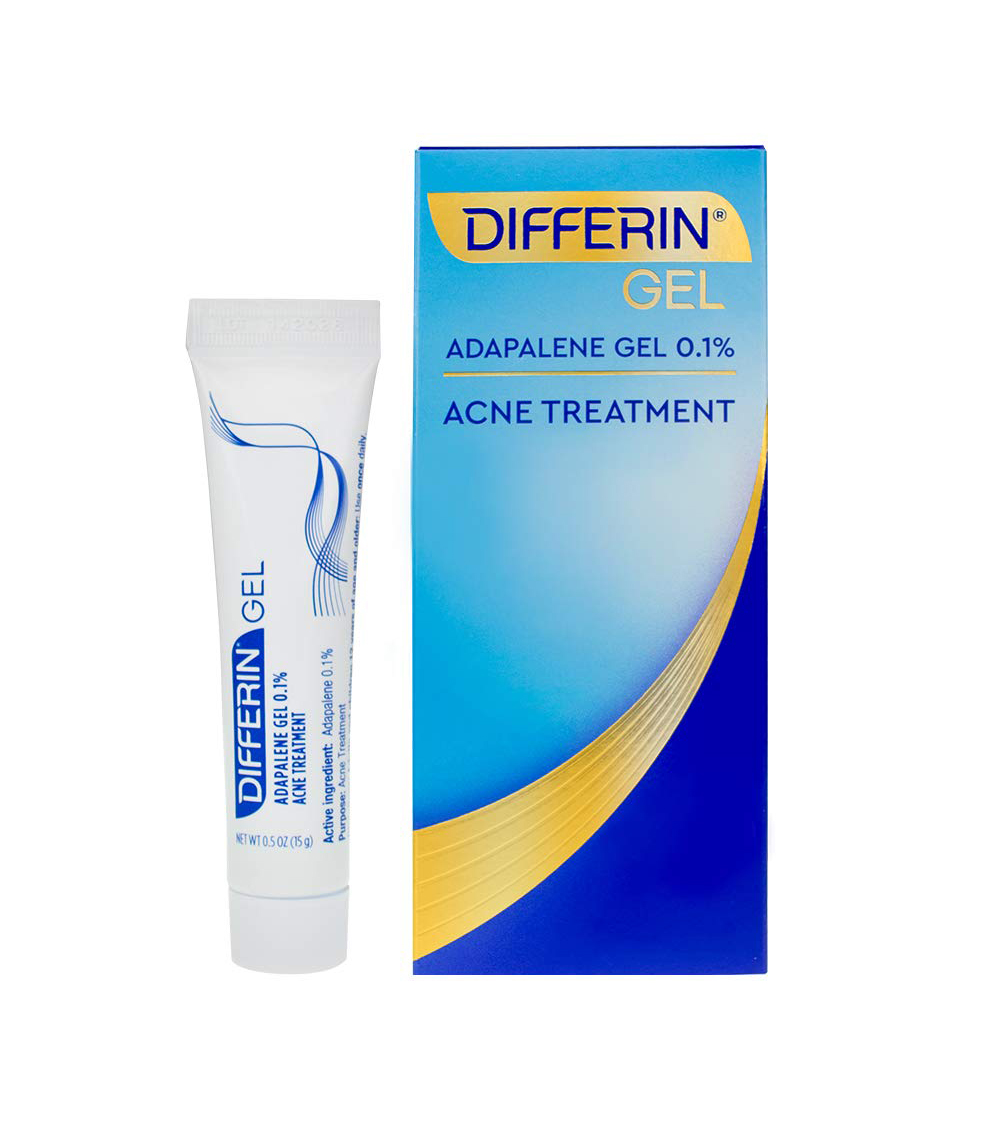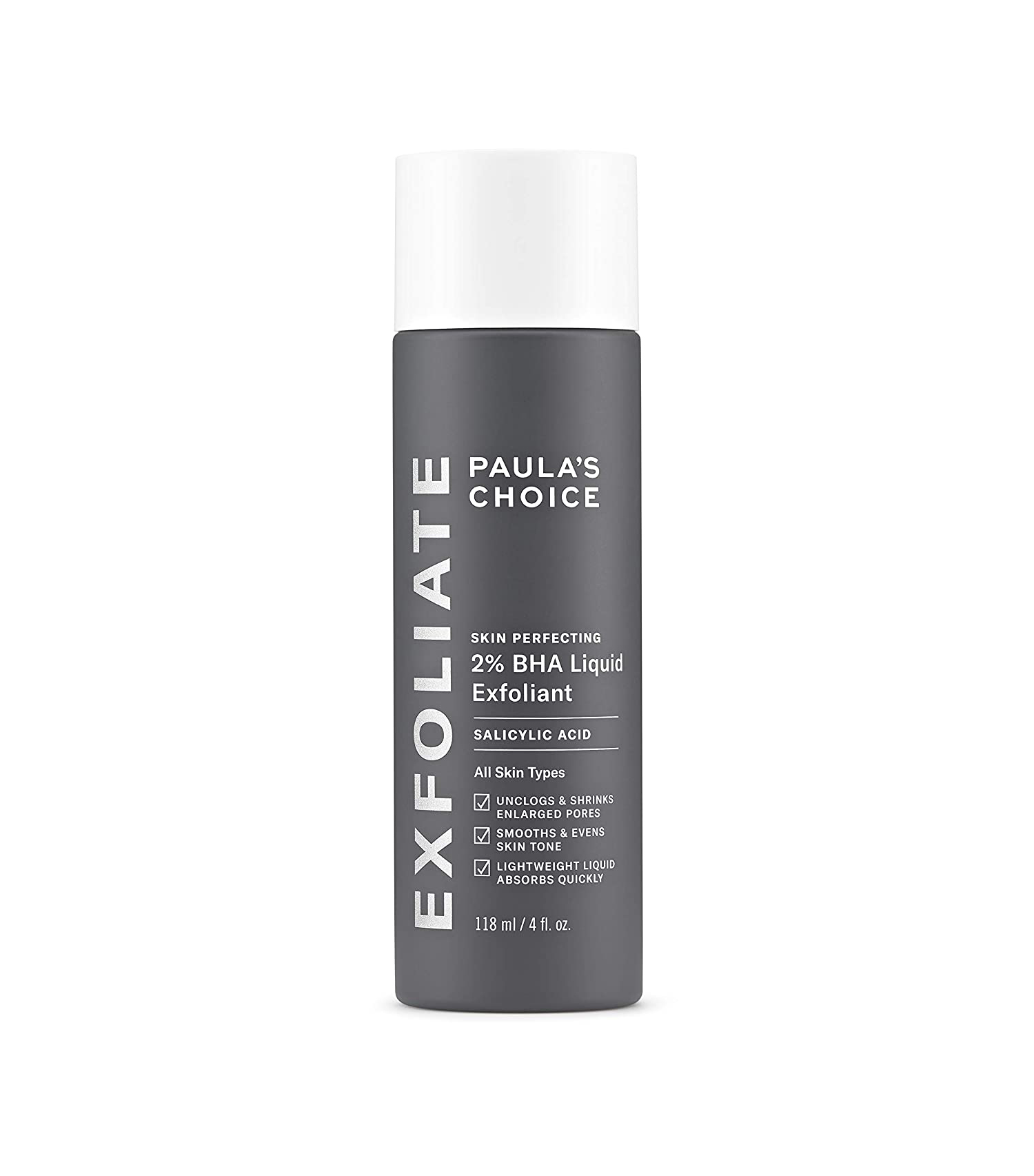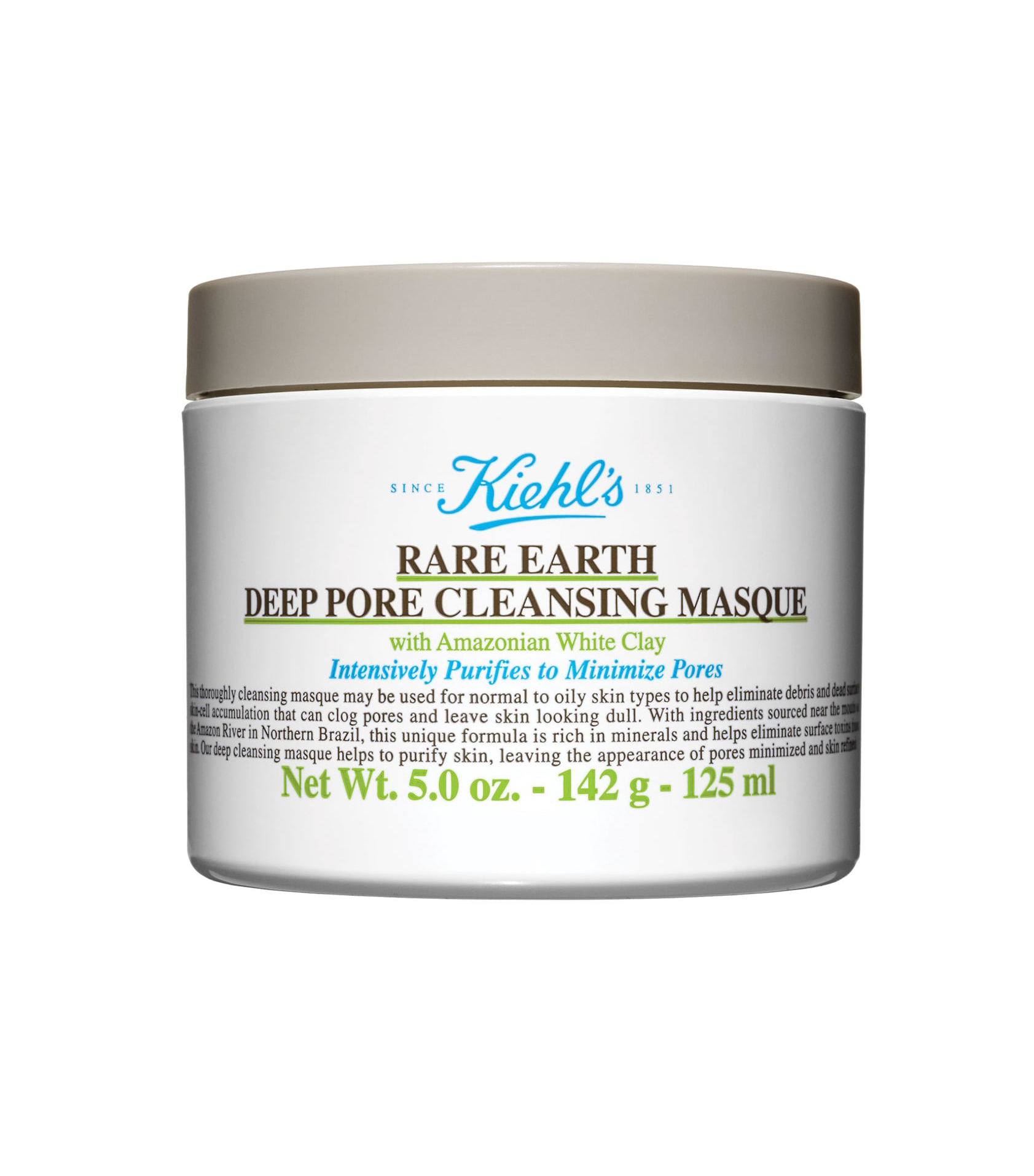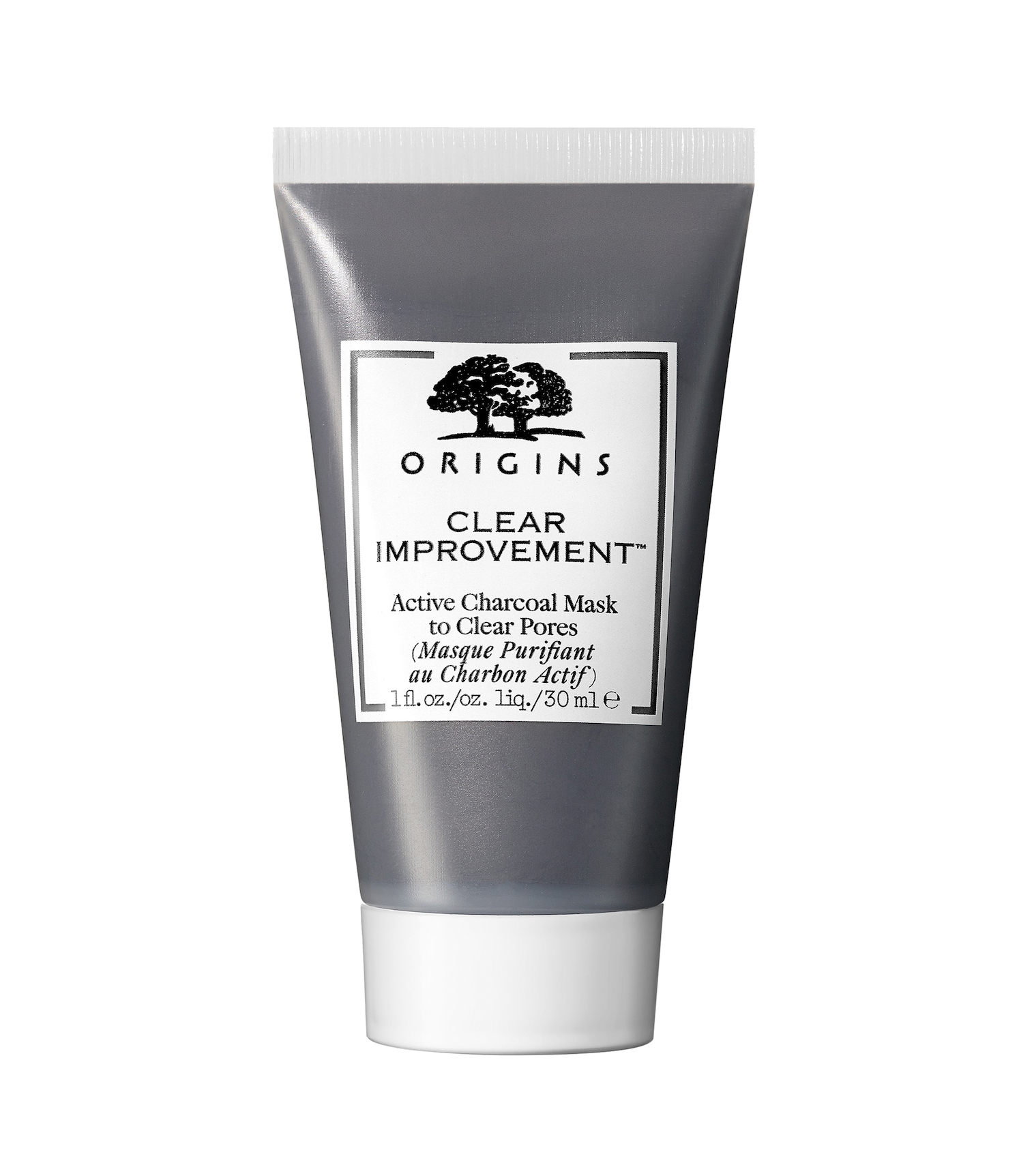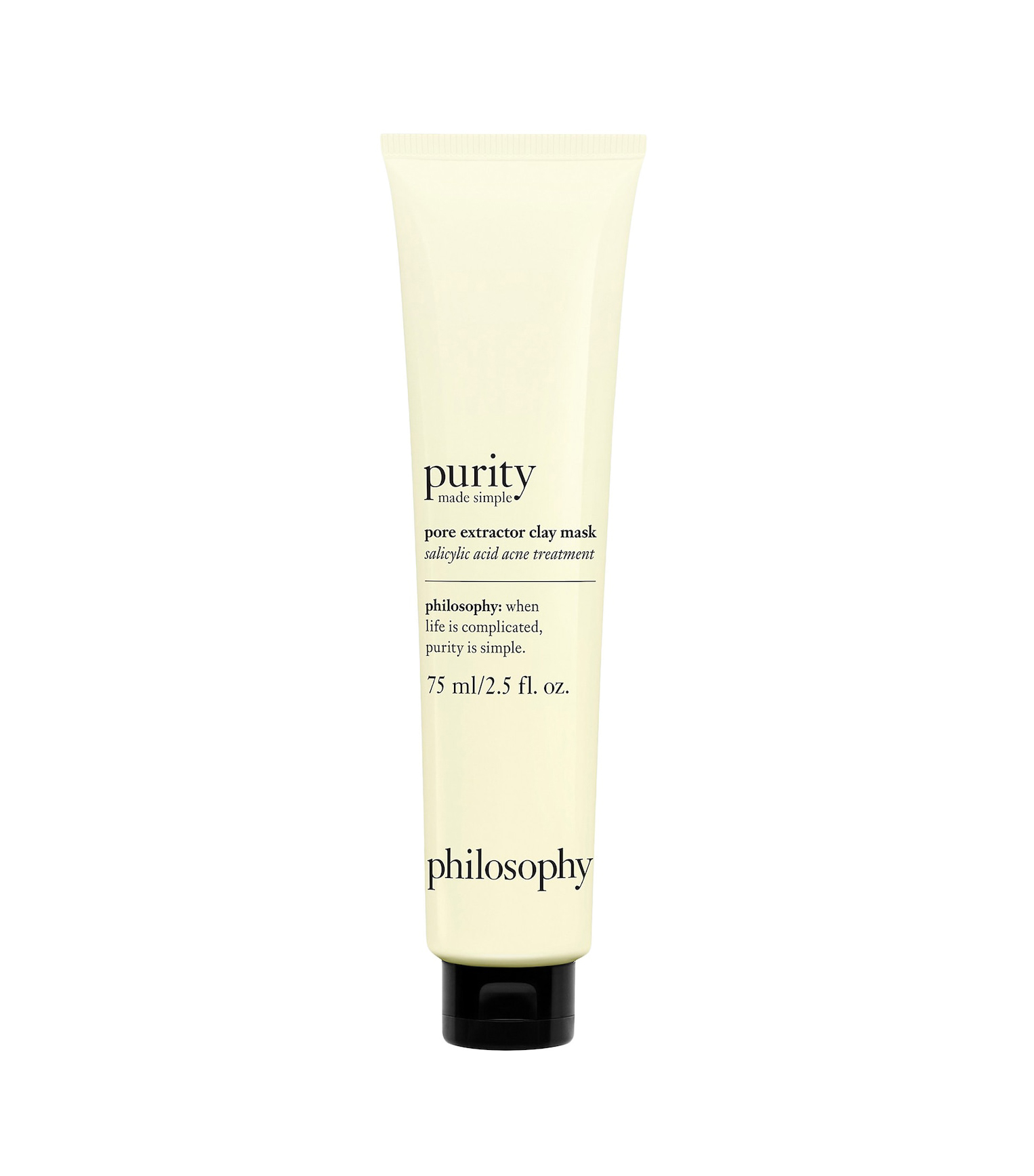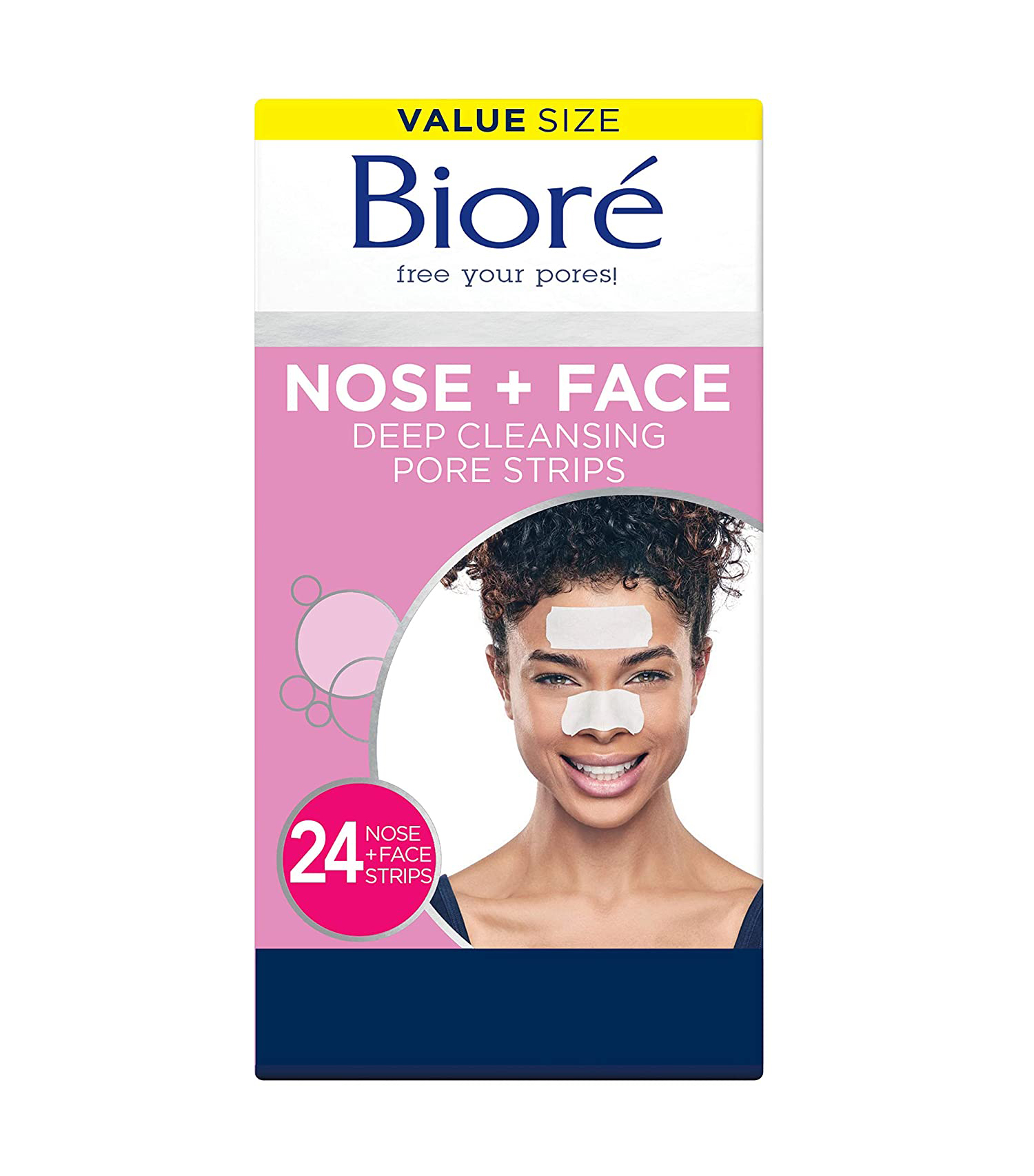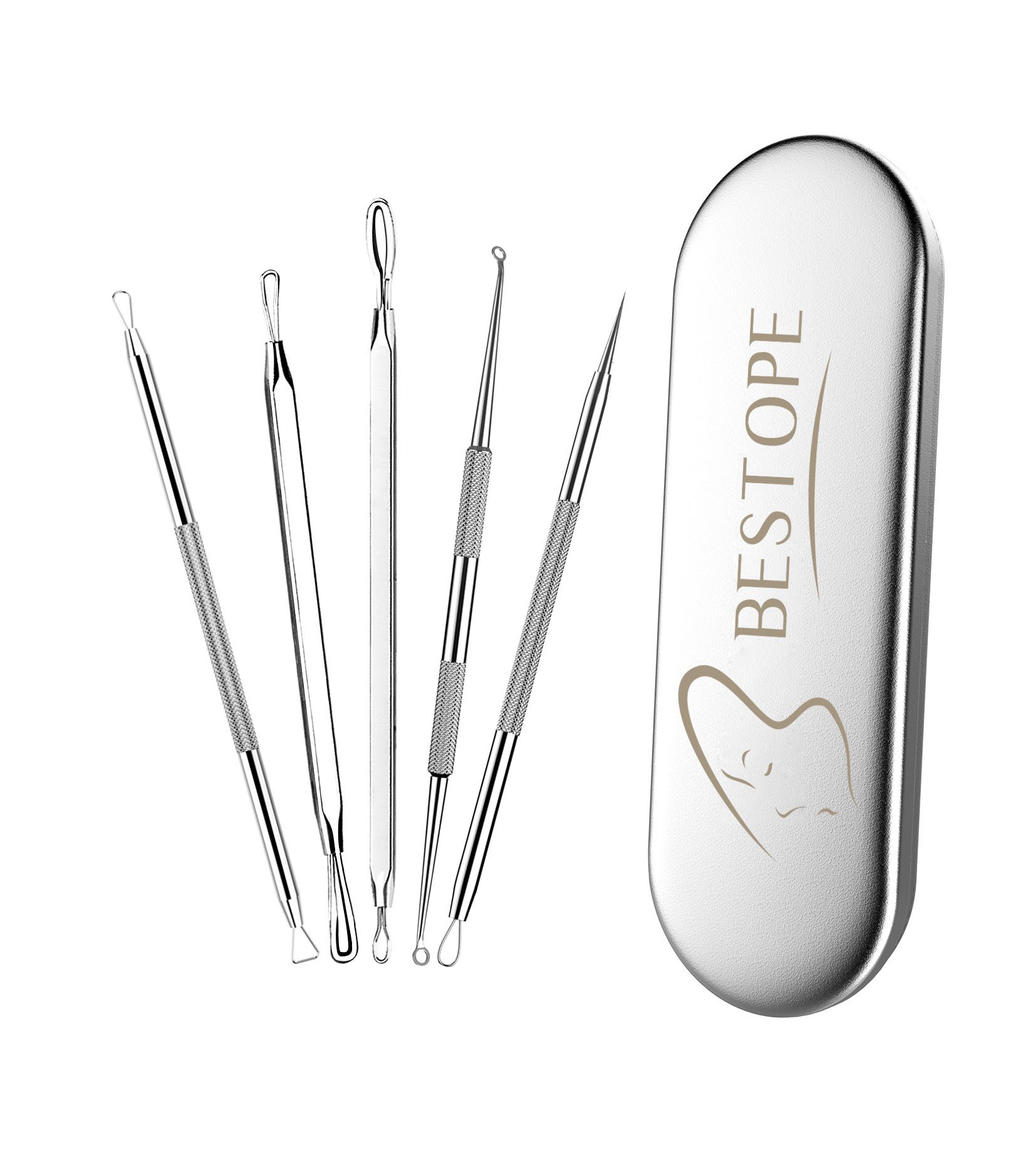At-Home Blackhead Removal Can Go Way Wrong—Here's What Derms Want You to Know
Blackheads can be so annoying to deal with because they're so hard to remove at home. You want to unclog your pores and make them appear smaller, but you also don't want to do any damage to your skin—which is what some so-called "blackhead-removing" devices and products can do if you're not careful.
"Blackheads or open comedones are a combo of dirt, oil, and dead skin cells that's clogging your pores," explains board-certified dermatologist Ife Rodney, MD, FAAD, of Eternal Dermatology. "The buildup creates an opening on the surface of your skin. As it gets exposed to air, it oxidizes and turns 'black,' hence the name blackheads."
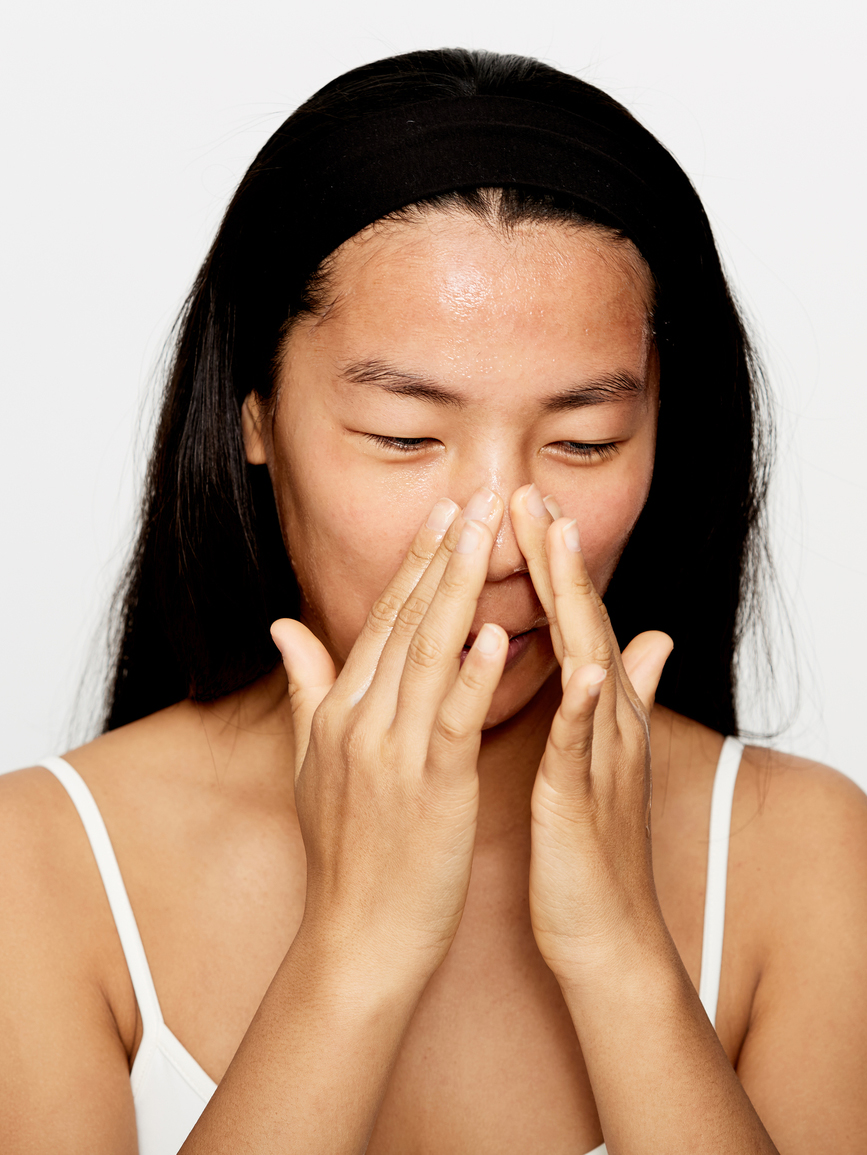
Before starting a home treatment regimen, Kathleen S. Viscusi, MD, FAAD, FACMS, co-founder and partner at Dermatology and Surgery Specialists of North Atlanta (DESSNA), advises seeing a dermatologist who can provide expertise to ensure your regimen is safe and effective. And you should see your dermatologist if the blackheads become persistent, severe, or bothersome.
But while it's easiest (and safest!) to get blackheads removed at a dermatologist's office, there are a few ways you can treat them at home. But there's one thing you should know before you start the removal process, whether at home or in an office: You can't remove 100% of your blackheads. "Some can return, especially since the underlying cause of the blackheads (genetics, oily skin, etc.) remain. The best way to keep blackheads at bay is to establish a skincare routine with products proven to treat blackheads," Rodney says.
How to Remove Blackheads at Home
Open Up Pores
Viscusi recommends softening and opening up the pores with steam or a warm shower. "This will aid in less irritation and more effective results," she adds.
Wash Your Hands and Face
"You want to make sure that your face and hands are clean before attacking your blackheads," Rodney says. She recommends using a gentle cleanser with salicylic acid, or gently exfoliating your skin with a scrub.
Use These Products
A topical retinoid cream or benzoyl peroxide can be used to remove blackheads, Rodney says.
Or Try Pore Strips
"Pore strips can help if you need to get rid of a blackhead before a special occasion," Rodney says. "However, these strips do not treat the root of the issue and may not be best for sensitive skin. A detailed skincare routine is best. "
Proceed With Caution With Tools
If you want to use manual extracting tools, you should be very careful. Most dermatologists don't really recommend this route. "Some people swear by an extractor tool to remove blackheads at home," Rodney says. "Just beware that this can cause trauma to the surrounding skin (resulting in brown spots and discoloration). If needed, your dermatologist or an aesthetician has the right tools to carefully manually remove your blackheads."
Viscusi adds that improper extraction methods can also exacerbate the problem by introducing even more bacteria into the pore and surrounding areas. So yeah, use caution if you decide to go this route.
Be Gentle With Open Pores
"Following manual extraction, be gentle with the open pore, keeping it clean and avoiding any harsh scrubbing," Viscusi suggests.
Rodney adds that once you're done exfoliating or cleansing your skin, you should lock in as much moisture as you can with a non-comedogenic moisturizer.
Follow These Maintenance Tips
"For maintenance purposes, utilize beta hydroxy acid (BHA) products and retinoids or retinols," Viscusi says. "These are super effective when it comes to pore and blackhead maintenance as they gently exfoliate dull, dead skin cells on the surface and can get ahead of the problem before it starts and/or reduce blackheads going forward."
Avoid This Mistake
You might be tempted to use your fingers, dig into the skin, and squeeze your blackheads, but both Rodney and Viscusi warn against this. "You can cause more trauma to your skin which can lead to more acne, scars, and even infections from the dirt on your hands," Rodney says. "Sometimes, you can't tell if you have an actual blackhead and can damage your skin. You also need to give the treatment a bit of time and not move on to extreme, harsh methods if you're not seeing results."
At-Home Blackhead-Removing Products to Try
Facial Cleansers and Scrubs
Exfoliators and Treatments
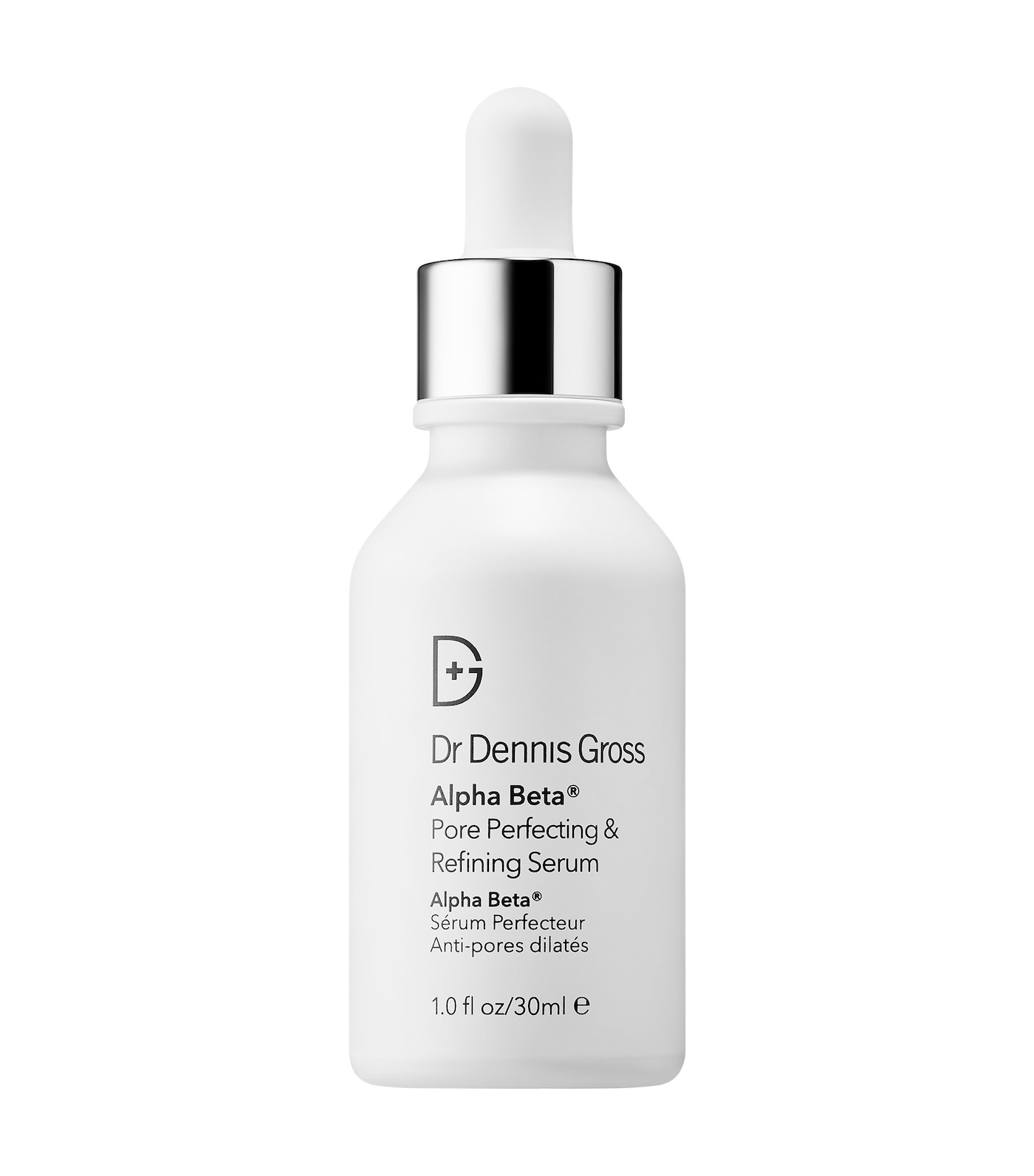
Apply this serum treatment to prevent new blackheads from appearing. Ingredients include agarikon mushroom extract (to reduce shine and firm skin); adipic acid (to smooth); and salicylic acid and farnesol (to prevent blocked pores).
Masks
Creams
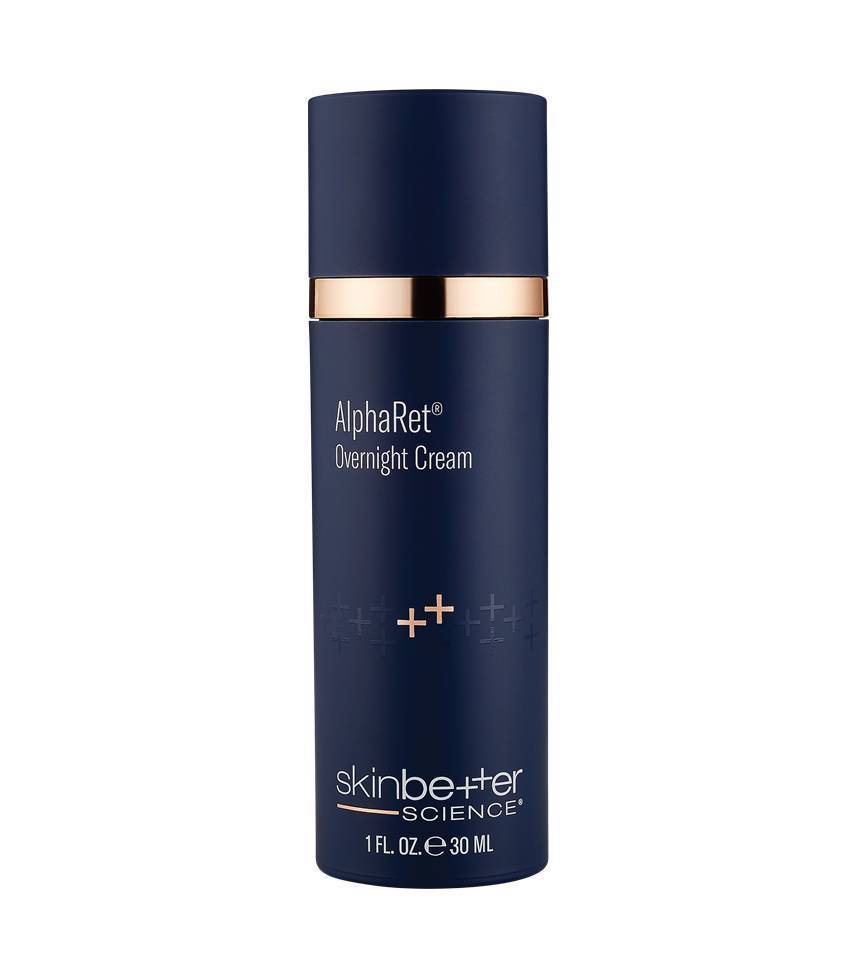
"It combines an alpha hydroxy acid (which breaks up dead skin cells and unclogs pores) with a retinoid (which changes the way the skin cells develop from inside out). The result is a reduction in blackheads while not being too drying or irritating to your skin," Rodney says.
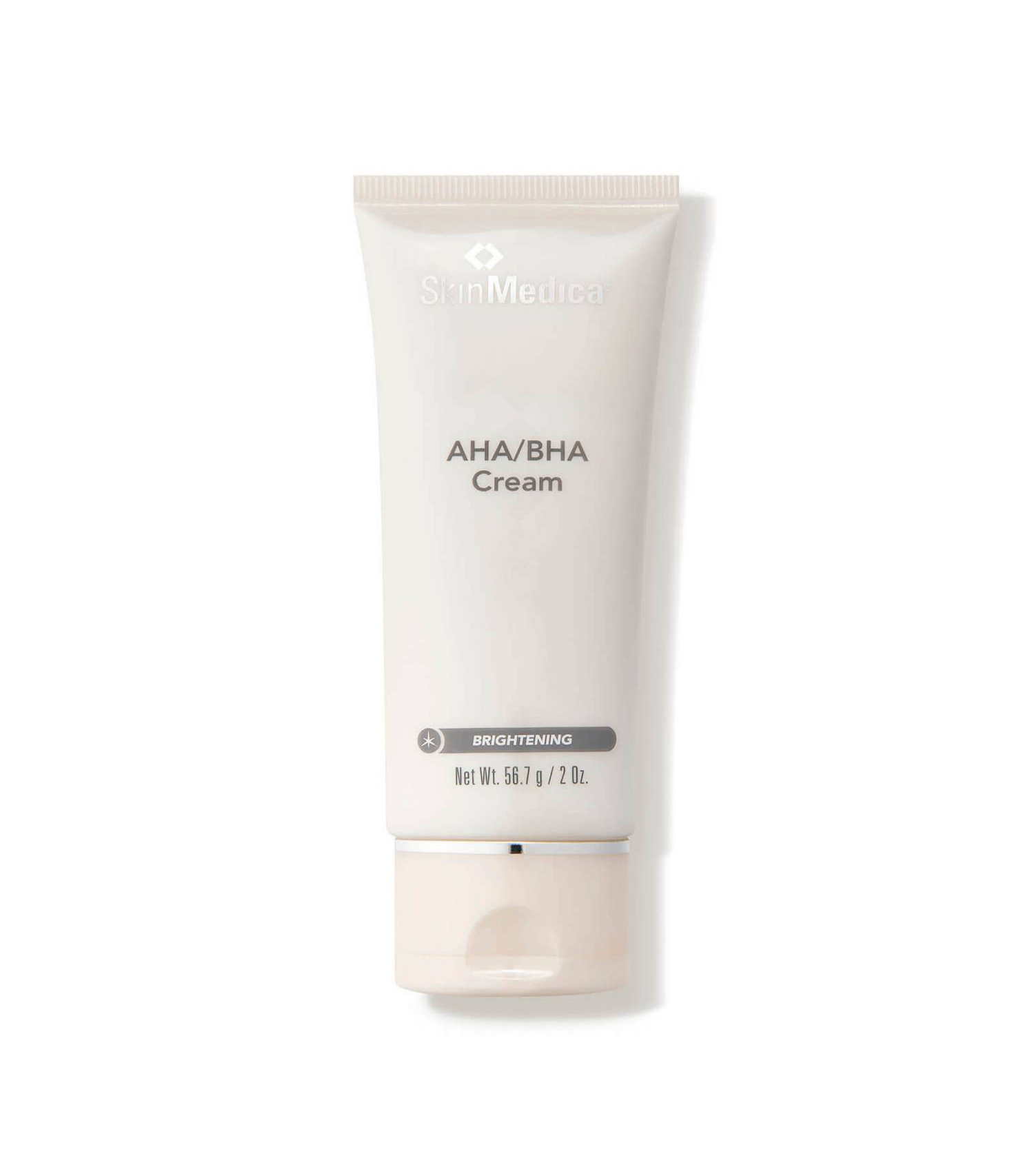
Along with Skinmedica's cleanser, the cream is Viscusi's favorite. "They both contain salicylic acid as well as a blend of fruit extracts, and SkinMedica AHA/BHA cream also adds the benefits of tocopheryl acetate and panthenol (provitamin B5), which together both protect against free radicals caused by UV damage as well as soothe, moisturize, and replenish the skin," she says.
Tools
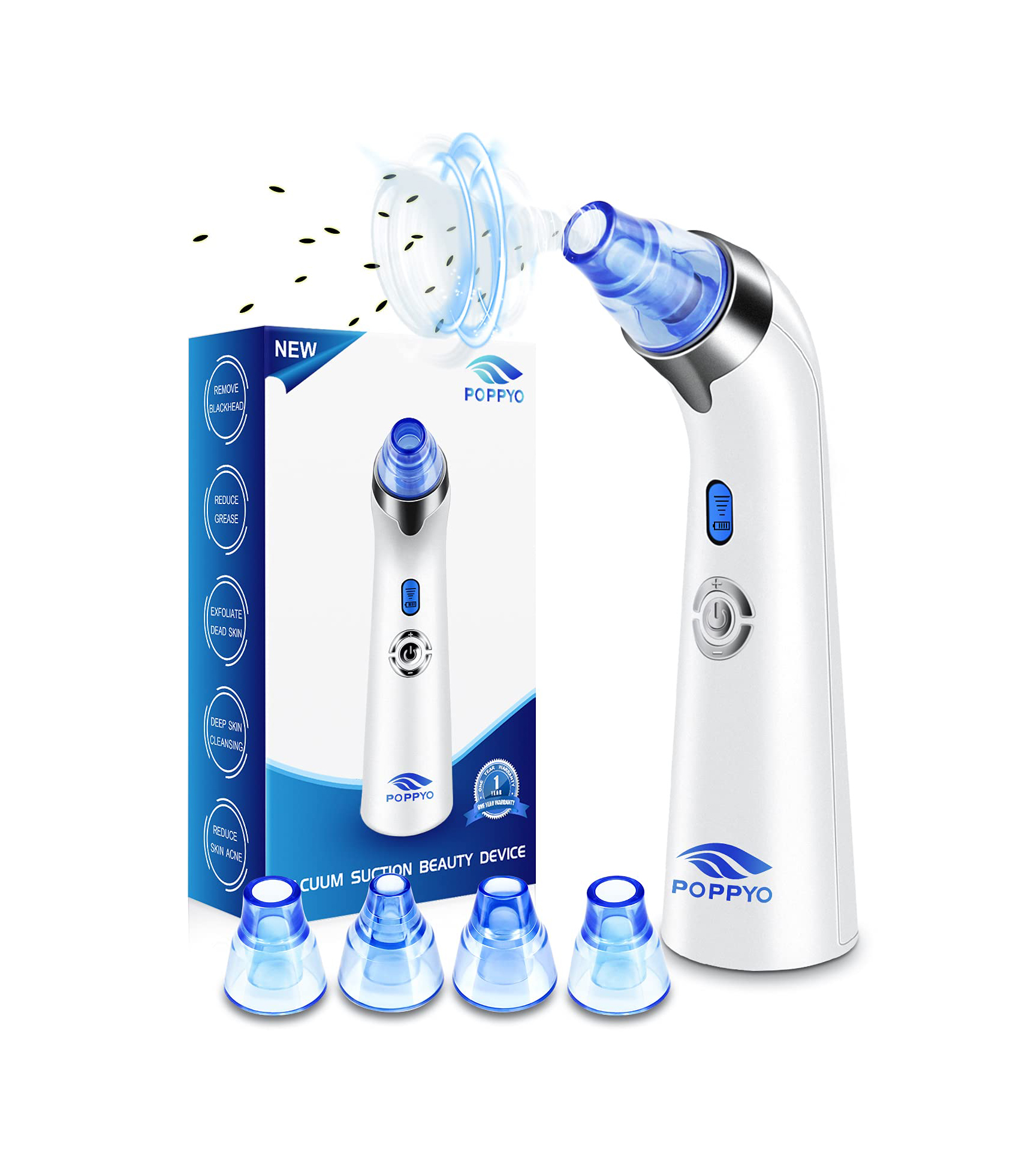
This blackhead remover vacuum comes with four different heads so you can personalize based on your skin type and where on the face you're using it.
Next, "My Face Looks Lifted After 5 Minutes": The 21 Skincare Tools With Big Results
Sarah is lifestyle writer and editor with over 10 years of experience covering health and wellness, interior design, food, beauty, and tech. Born and raised in Los Angeles, she attended New York University and lived in New York for 12 years before returning to L.A. in 2019. In addition to her work at Who What Wear, she held editor roles at Apartment Therapy, Real Simple, House Beautiful, Elle Decor, and The Bump (sister site of The Knot). She has a passion for health and wellness, but she especially loves writing about mental health. Her self-care routine consists of five things: a good workout, “me” time on the regular, an intriguing book/podcast/playlist to unwind after a long day, naps, and decorating her home.
